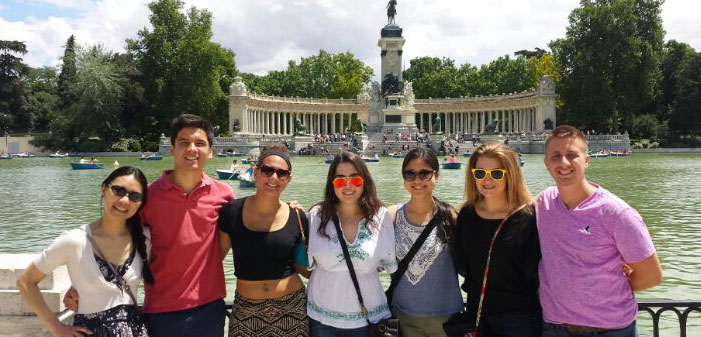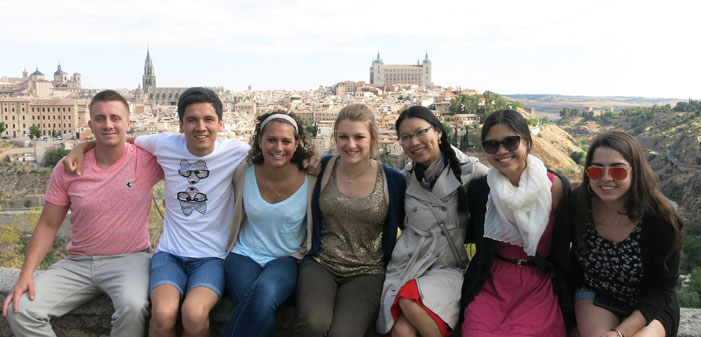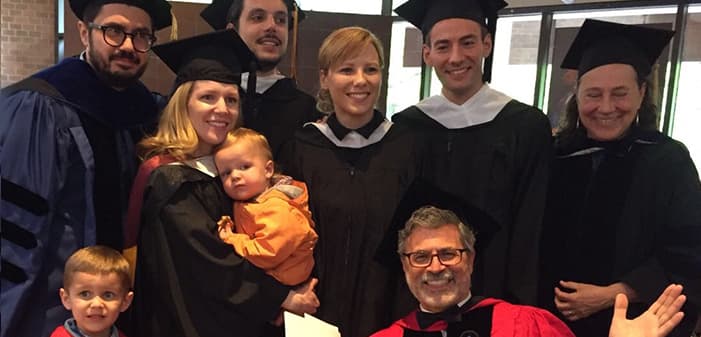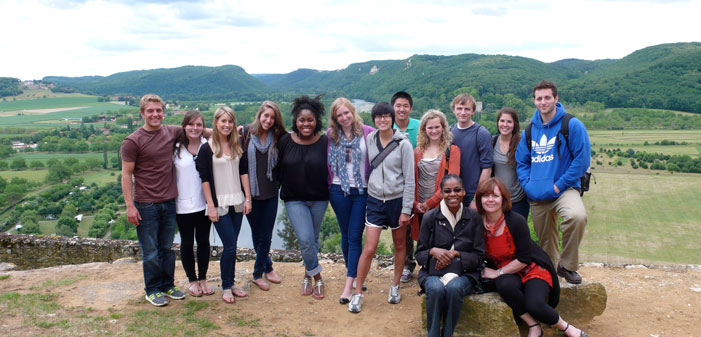Undergraduate
The major curriculum is designed to help students attain a high linguistic proficiency in at least one Romance language and broad insight into the literature and culture of other nations. Graduates with RLL majors are currently employed in many different fields including law, interpreting, publishing, and international business. For students interested in graduate studies, the major offers solid preparation and guidance.
Students who plan to major or minor in Romance Languages and Literatures should consult the Director of Undergraduate Studies of the department in order to be assigned an advisor, review their qualifications and placement within the program, and organize a course of study suited to their individual needs and objectives.
Information for First-Year Students
Students planning to major in Romance Languages and Literatures, to study abroad during their junior year, and to apply for graduate work or Graduate Fulbright Scholarships are encouraged to place themselves in advanced-level language courses in French, Italian, and Spanish as first-year students. Students should place themselves initially in the most challenging course they can handle, and adjustments in scheduling can be made if necessary. The department carefully organizes a program to suit each student's individual needs and objectives.
Students who have not already fulfilled the language proficiency requirement for Morrissey College through an achievement or advanced placement test should sign up for an appropriate language course. Placement tests in French and Spanish can be taken on-line. For the placement exam in Italian, please contact Professor Carmen Merolla.
The Department offers courses, some taught in the target languages and some in English, which count for University Core requirements and for elective credit in the major. Students interested in advancing their major credits at the early stages of their careers are encouraged to consider these Core courses.
Literature Core & Cultural Diversity Requirement
Looking to fulfill your Literature Core or Cultural Diversity requirement for graduation? Consider the following courses in the RLL Department.







